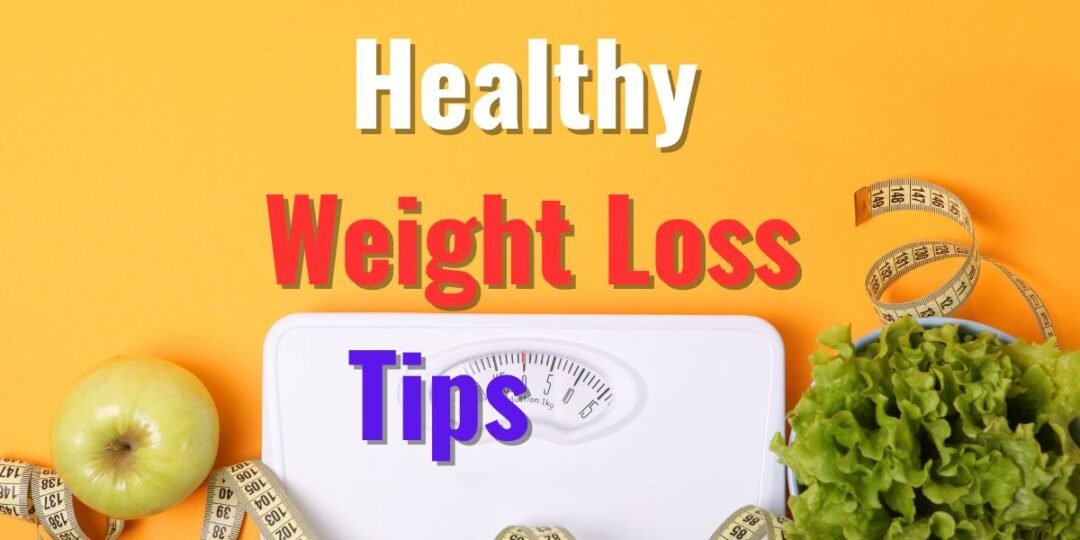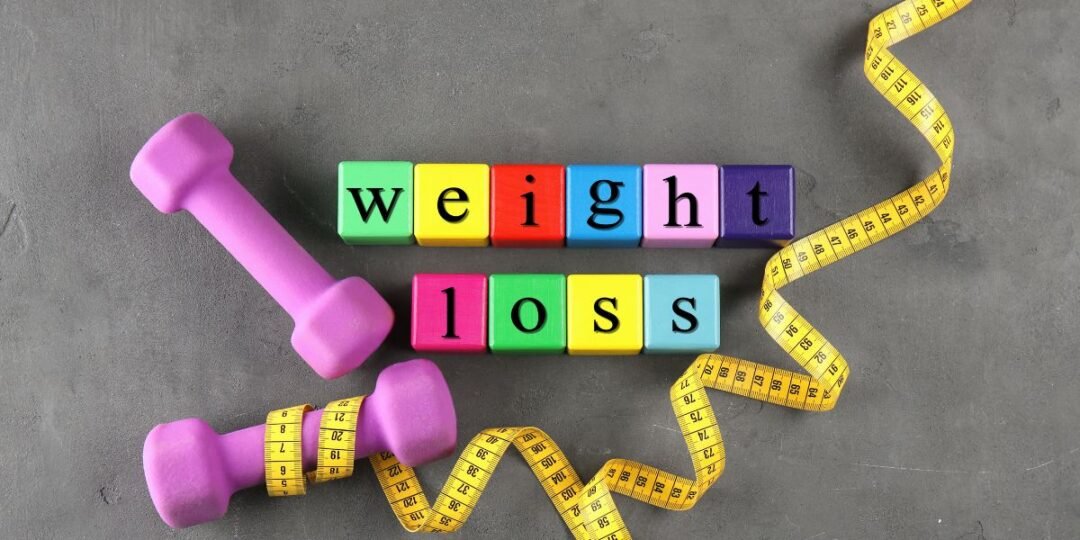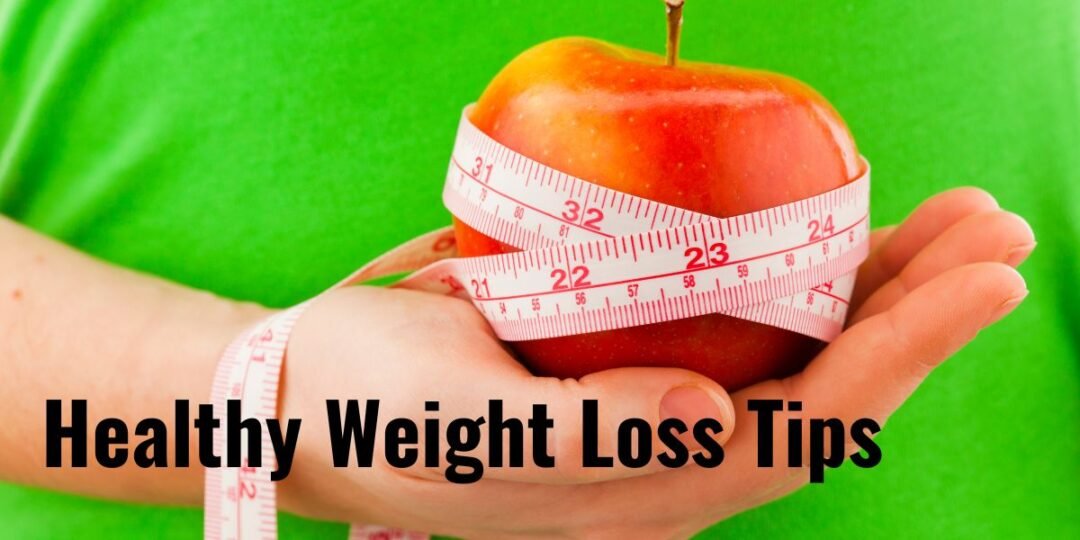101 Healthy Weight Loss Tips
Introduction
Embarking on a weight loss journey can be both exciting and daunting. With countless tips and advice, it’s easy to feel overwhelmed. That’s why we’ve compiled 101 practical, healthy weight loss tips to guide you every step of the way. Whether you’re just starting or looking for new strategies to maintain your progress, these tips will help you achieve and sustain your goals.

1. Setting the Foundation
Understanding you are Why
Before diving into any weight loss plan, it’s crucial to understand why you want to lose weight. Is it for better health, to feel more confident, or to have more energy? Knowing your “why” keeps you motivated when the going gets tough.
Setting Realistic Goals
Aim for attainable goals. Instead of focusing on losing 20 pounds a month, start with small, achievable targets like losing 1-2 pounds per week. This approach not only ensures sustainable weight loss but also helps maintain motivation.
Tracking Your Progress
Keep a journal or use an app to track your food intake, exercise, and progress. Monitoring your journey helps identify what works and what doesn’t, allowing you to make necessary adjustments.

2. Nutrition Tips
Balanced Diet
Ensure your diet includes a mix of proteins, carbohydrates, fats, vitamins, and minerals. A balanced diet supports overall health and helps in weight loss by keeping you full and energized.
Portion Control
Eating large portions can lead to consuming more calories than needed. Use smaller plates, measure servings, and be mindful of portion sizes to help control your calorie intake.
Hydration
Drinking water is vital for weight loss. It helps with digestion, keeps you feeling full, and can boost your metabolism. Aim for at least 8 glasses of water a day.
Mindful Eating
Pay attention to what you eat and savor each bite. Mindful eating helps you enjoy your food more and prevents overeating. Turn off distractions like TV or smartphones during meals.
Read also: Health and Food Supplements

Exercise Tips For Healthy Weight Loss
3. Exercise Tips
Finding the Right Workout
Choose exercises you enjoy. Whether it’s dancing, swimming, or yoga, finding an activity you love increases the likelihood of sticking with it.
Incorporating Strength Training
Strength training builds muscle, which can boost your metabolism and help you burn more calories. Include weights or body-weight exercises in your routine.

Cardiovascular Exercises
Cardio exercises like running, cycling, or brisk walking are excellent for burning calories. Aim for at least 150 minutes of moderate-intensity cardio each week.
Consistency Over Intensity
It’s better to exercise regularly than to overdo it sporadically. Consistency is key to seeing long-term results. Find a routine that you can maintain.

4. Lifestyle Changes
Sleep and Recovery
Adequate sleep is essential for weight loss. Lack of sleep can disrupt hormones that control hunger, leading to overeating. Aim for 7-9 hours of sleep per night.
Stress Management
Chronic stress can lead to weight gain. Practice stress-relief techniques like meditation, deep breathing, or hobbies to keep stress levels in check.
Building Healthy Habits
Replace unhealthy habits with healthier ones. For instance, swap soda for water, or choose stairs over the elevator. Small changes add up over time.
5. Motivation and Mindset
Staying Positive
Maintain a positive attitude throughout your weight loss journey. Celebrate your successes, no matter how small, and learn from setbacks without being too hard on yourself.
Dealing with Setbacks
Setbacks are a natural part of any journey. Instead of getting discouraged, view them as learning opportunities. Identify what triggered the setback and plan how to overcome it in the future.
Celebrating Small Wins
Recognize and celebrate your achievements, whether it’s losing a pound, resisting temptation, or completing a workout. Celebrating small wins keeps you motivated.
6. Practical Tips for Everyday Life
Healthy Snacking
Choose snacks that are high in protein and fiber but low in sugar and unhealthy fats. Nuts, fruits, and yogurt are great options.
Meal Prepping
Preparing meals in advance saves time and helps you avoid unhealthy choices. Plan your meals, cook in bulk, and store portions for the week.
Dining Out Strategies
Eating out doesn’t have to derail your progress. Choose dishes that are grilled, baked, or steamed, and ask for dressings and sauces on the side.
Smart Grocery Shopping
Make a shopping list and stick to it. Avoid buying processed and junk food. Shop the perimeter of the store where fresh produce, meat, and dairy are usually located.
Conclusion
Losing weight doesn’t have to be a daunting task. With these 101 tips, you’re equipped to take control of your health sustainably and healthily. Remember, it’s about progress, not perfection. Keep moving forward, and you’ll reach your goals.
FAQs
What is the best diet for weight loss?
The best diet is one that you can stick to long-term. Focus on balanced nutrition with whole foods, plenty of fruits and vegetables, lean proteins, and whole grains.
How often should I exercise to lose weight?
Aim for at least 150 minutes of moderate-intensity exercise or 75 minutes of high-intensity exercise per week, combined with strength training sessions.
Can I lose weight without exercise?
Yes, weight loss is primarily about creating a calorie deficit. However, exercise has numerous health benefits and can help you maintain your weight loss.
How do I stay motivated on my weight loss journey?
Set realistic goals, track your progress, celebrate small wins, and remind yourself of your “why.” Surround yourself with supportive people and stay positive.
What are some healthy snack options?
Some healthy snack options include nuts, fruits, yogurt, veggie sticks with hummus, and whole-grain crackers with cheese.





